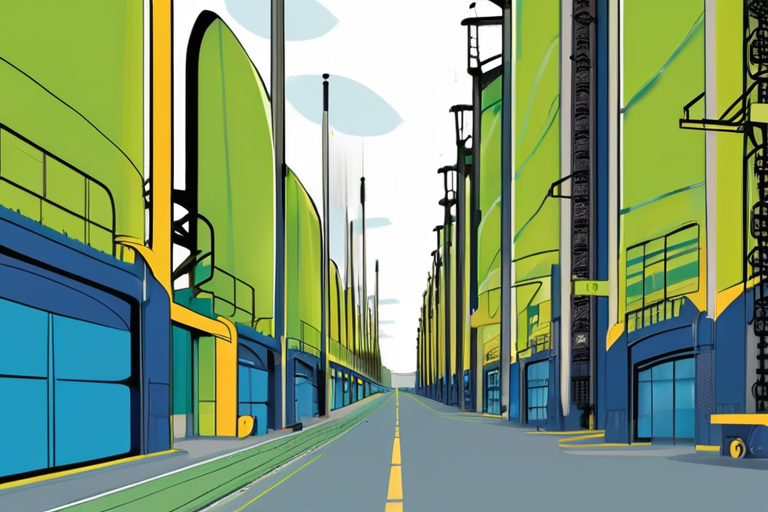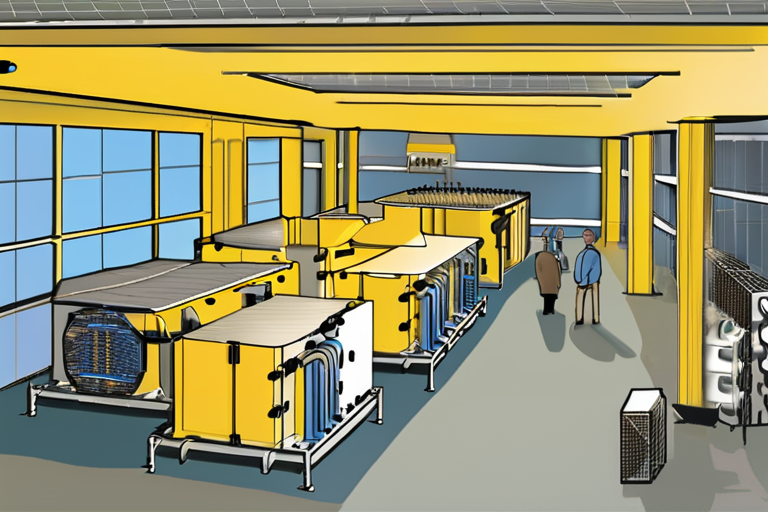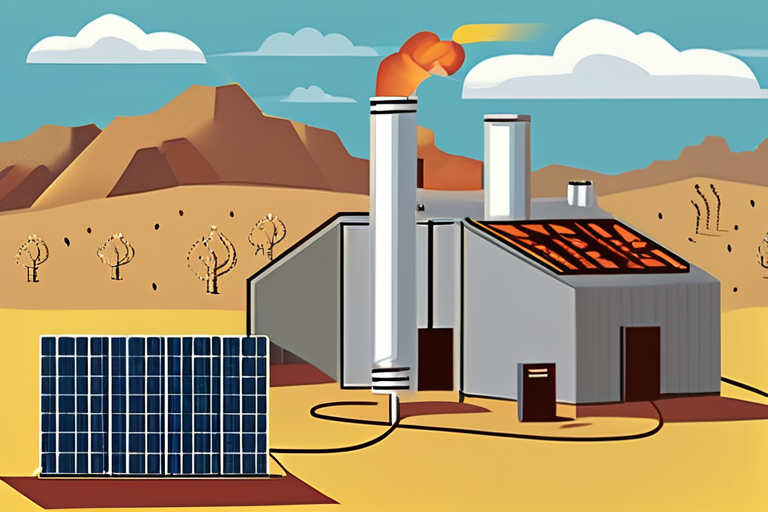Tata Steel 'Hellbent' on Building Port Talbot's Green Future
A year after production ceased at its blast furnaces in Port Talbot, Tata Steel is making significant progress on its ambitious plan to transform the site into a hub for greener steelmaking.
According to project manager Peter Jones, the company is "hellbent" on delivering on its promise of sustainable steel production in south Wales. The move marks a major shift away from traditional blast furnace operations, which were losing £1 million per day, resulting in the redundancy of 2,000 workers.
To date, 400,000 tonnes of material have been cleared from the site, and up to 1,200 workers will be involved in constructing a new £1.25 billion electric arc furnace (EAF) that will melt scrap steel. The EAF is expected to be operational by 2027, marking a significant milestone in Tata Steel's transition towards more environmentally friendly production methods.
Jones acknowledged the significance of Port Talbot's steelmaking heritage but emphasized the company's commitment to its new vision. "The heritage of steelmaking in this town is significant to everyone on this project," he said. "However, we are not looking back; we are focused on building a sustainable future for our employees and the community."
The closure of the blast furnaces had raised concerns about the site's long-term prospects, but Tata Steel has consistently maintained its commitment to investing in new technologies and processes that will drive growth and create jobs. The company's decision to invest in EAF technology is seen as a strategic move to capitalize on the growing demand for sustainable steel products.
Industry analysts have welcomed the development, citing the potential economic benefits of the project. "The investment in EAF technology is a significant step forward for Tata Steel," said Emma Jones, an analyst at a leading industry research firm. "It will not only reduce the company's carbon footprint but also create new opportunities for growth and job creation."
In addition to the economic benefits, the project is also expected to have a positive impact on the local community. The construction phase alone is estimated to generate £100 million in revenue for local businesses.
As work continues on the EAF project, Tata Steel remains committed to its vision of building a sustainable future for Port Talbot. With up to 1,200 workers involved in the construction process and thousands more expected to be employed once the facility is operational, the company's investment in green steelmaking is set to have a lasting impact on the region.
Background:
Tata Steel's decision to close its blast furnaces at Port Talbot was announced in 2022, citing significant losses. The move resulted in the redundancy of 2,000 workers and raised concerns about the site's long-term prospects.
Context:
The closure of the blast furnaces marked a major shift in Tata Steel's operations, with the company committing to invest in new technologies and processes that will drive growth and create jobs.
Perspectives:
Emma Jones, industry analyst: "The investment in EAF technology is a significant step forward for Tata Steel. It will not only reduce the company's carbon footprint but also create new opportunities for growth and job creation."
Peter Jones, project manager: "We are hellbent on delivering on our promise of sustainable steel production in south Wales. The heritage of steelmaking in this town is significant to everyone on this project, but we are focused on building a sustainable future for our employees and the community."
Current Status:
Work is underway on constructing the new £1.25 billion electric arc furnace (EAF) at Port Talbot, with up to 1,200 workers involved in the construction process.
Next Developments:
The EAF is expected to be operational by 2027, marking a significant milestone in Tata Steel's transition towards more environmentally friendly production methods.
*Reporting by Bbc.*



 Hoppi
Hoppi

 Hoppi
Hoppi

 Hoppi
Hoppi

 Hoppi
Hoppi

 Hoppi
Hoppi

 Hoppi
Hoppi











